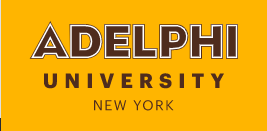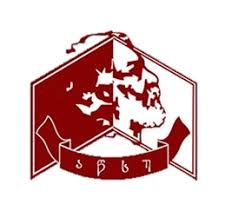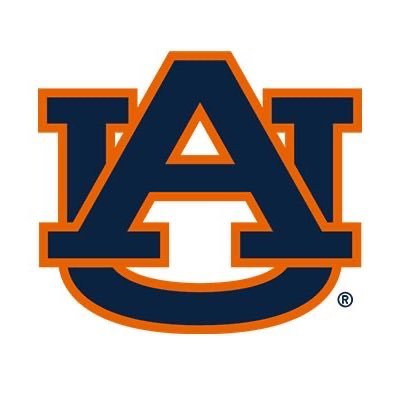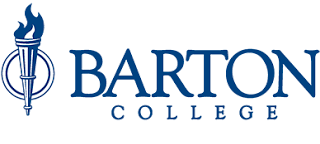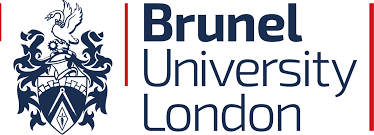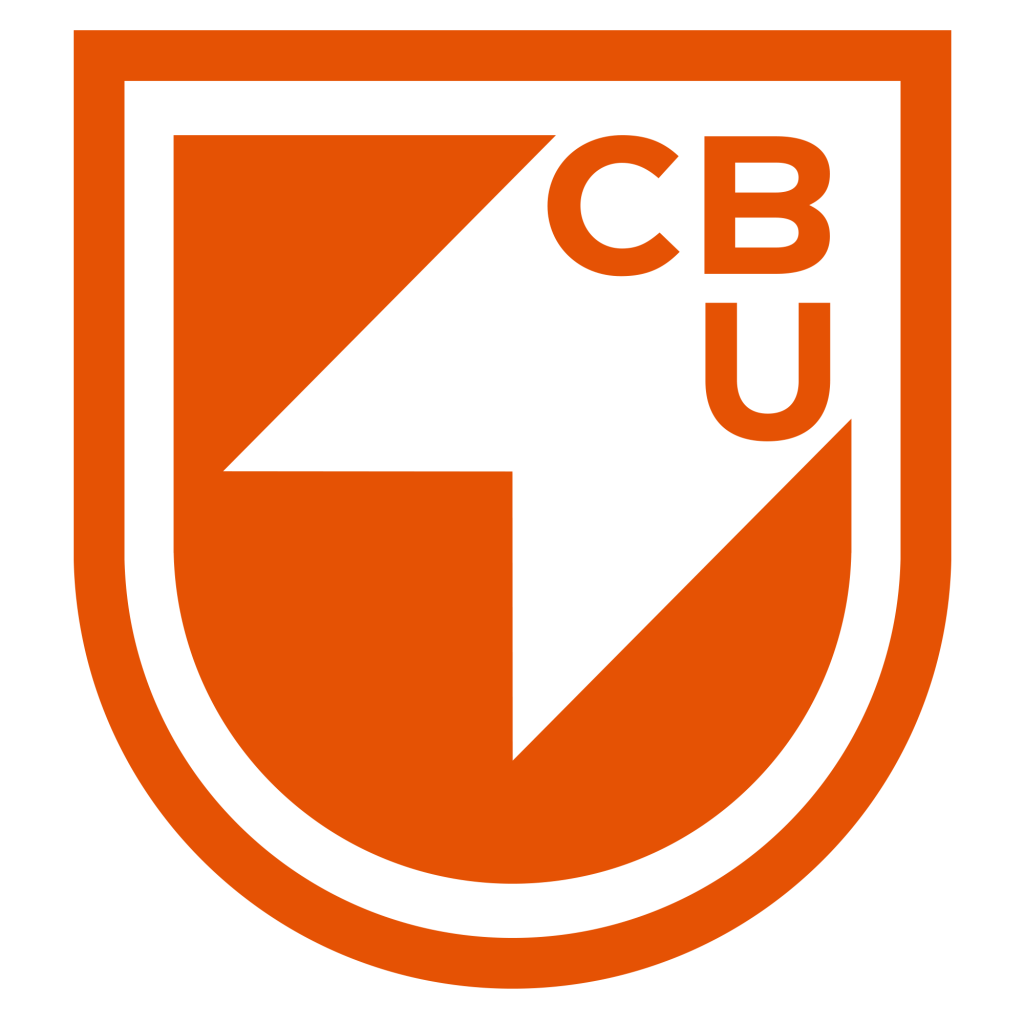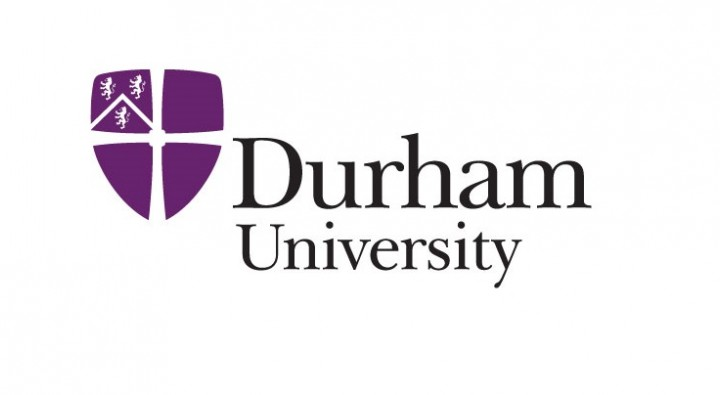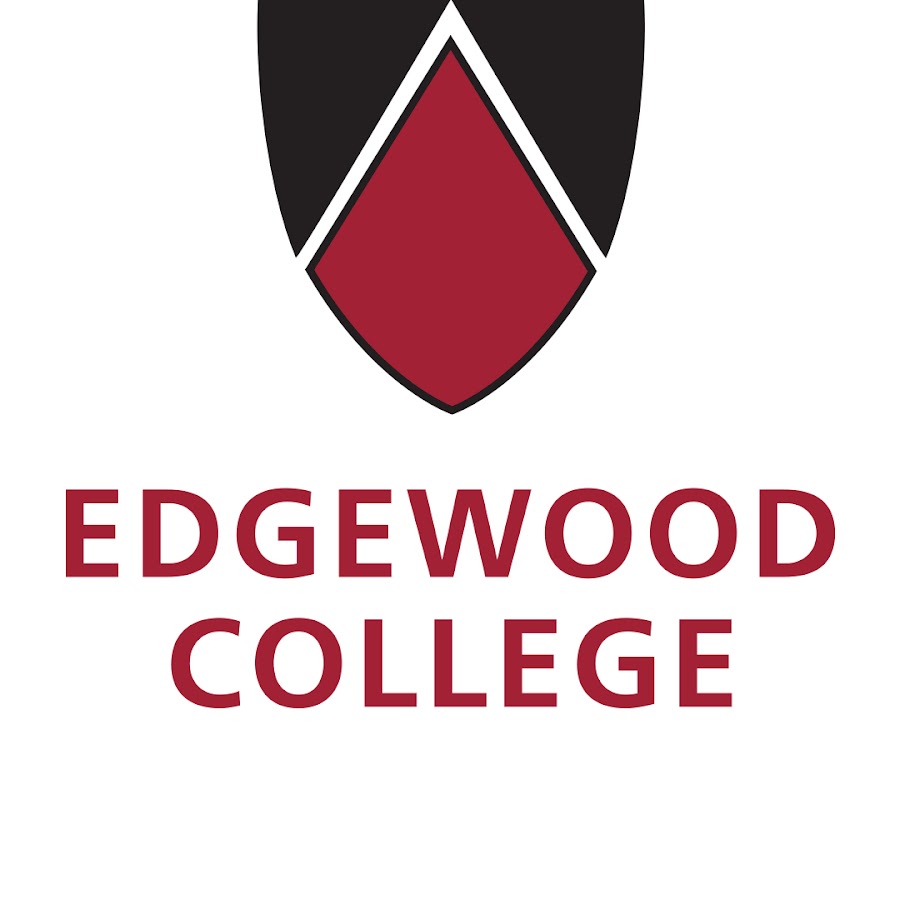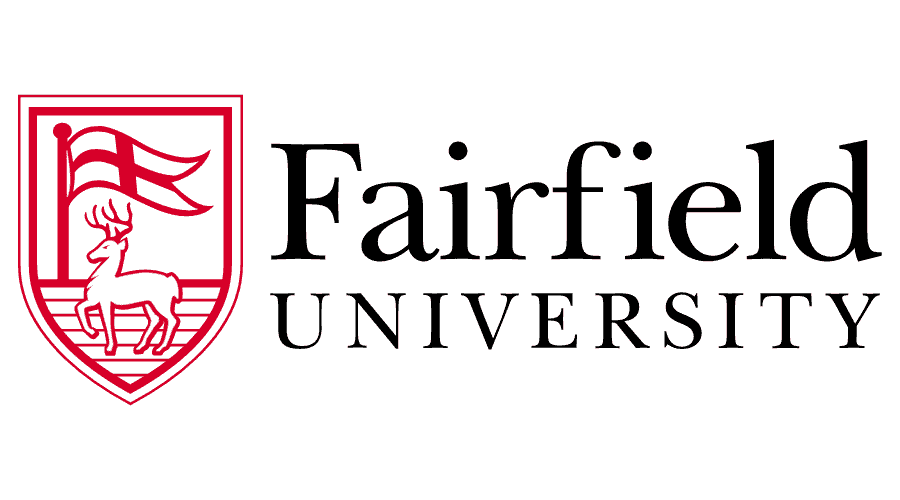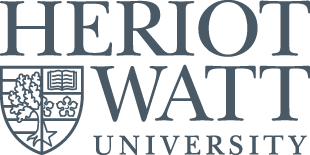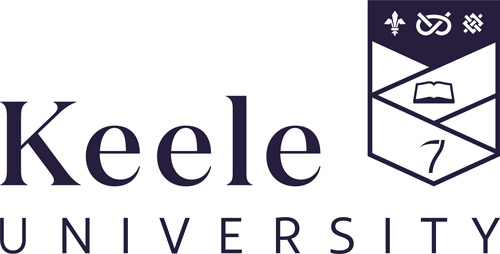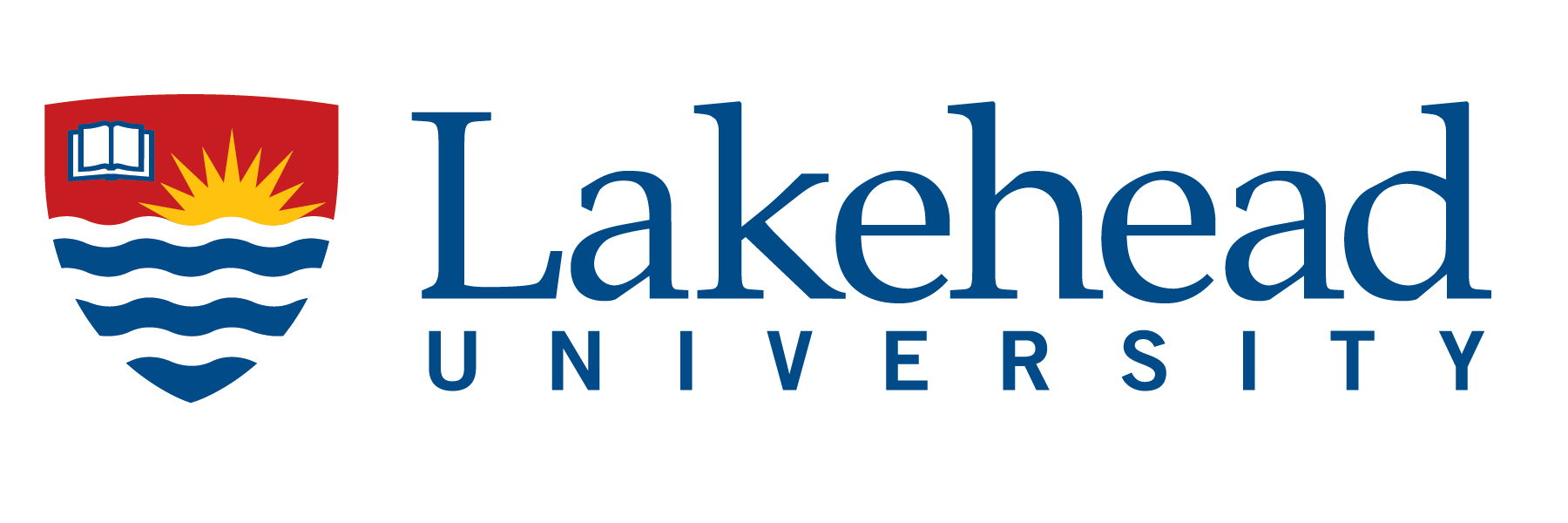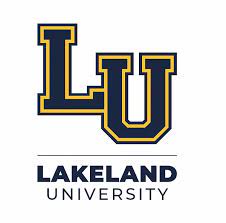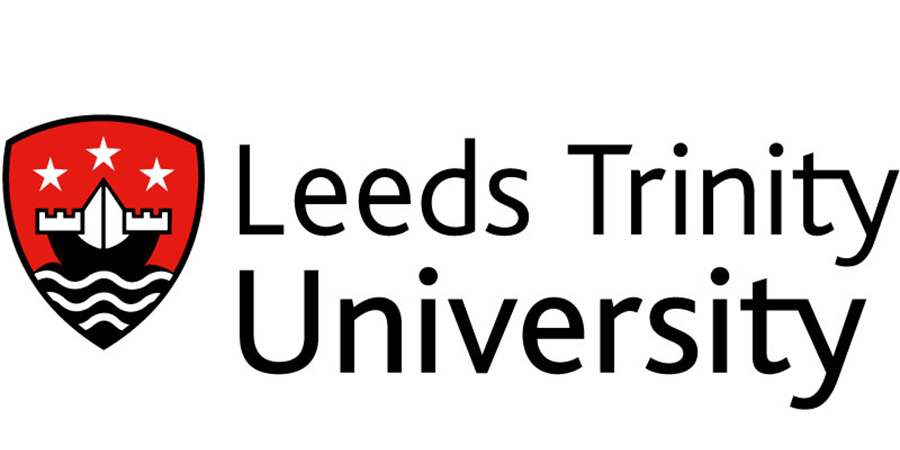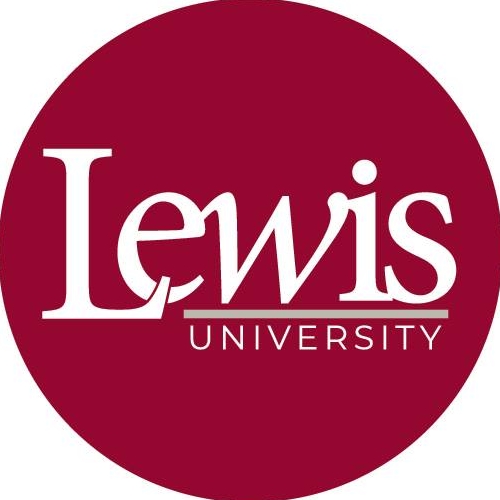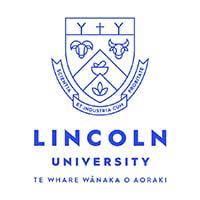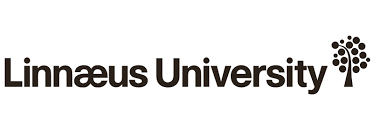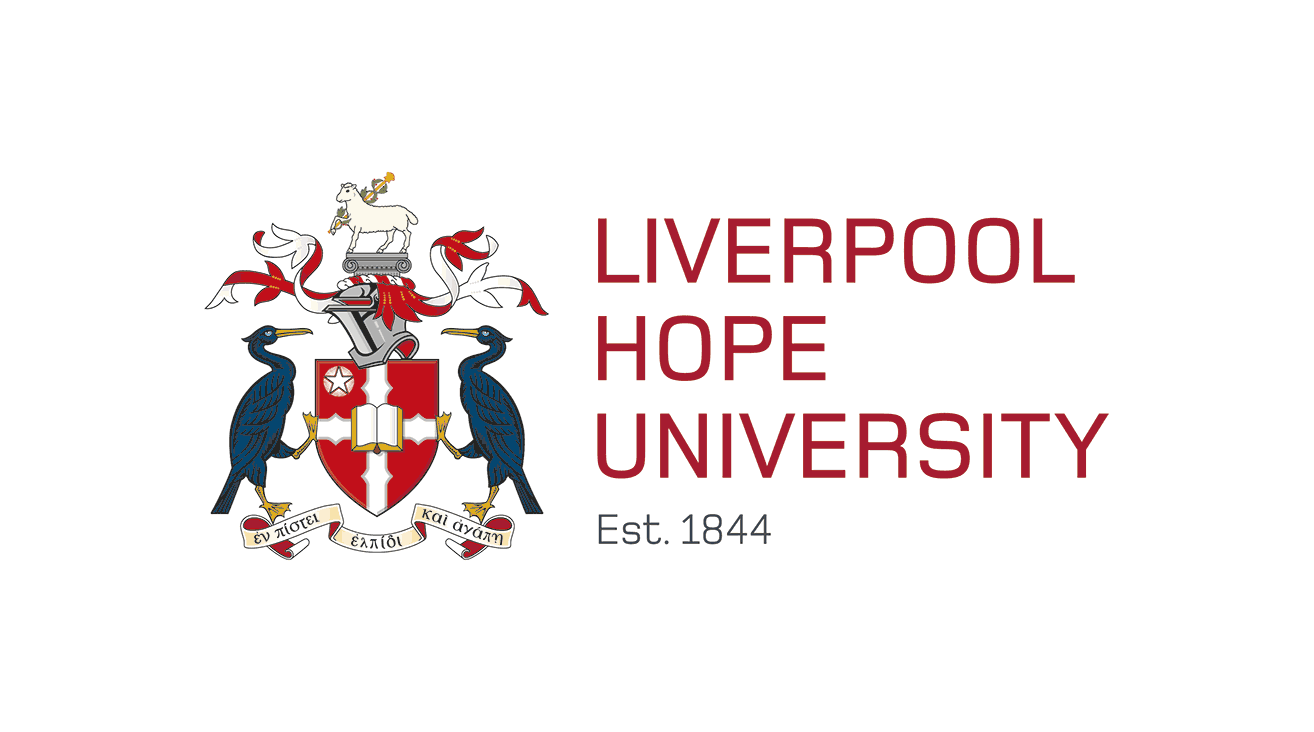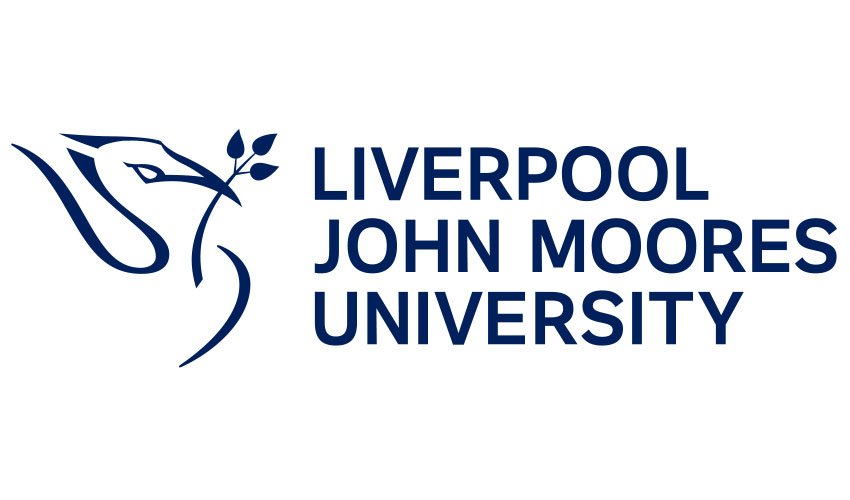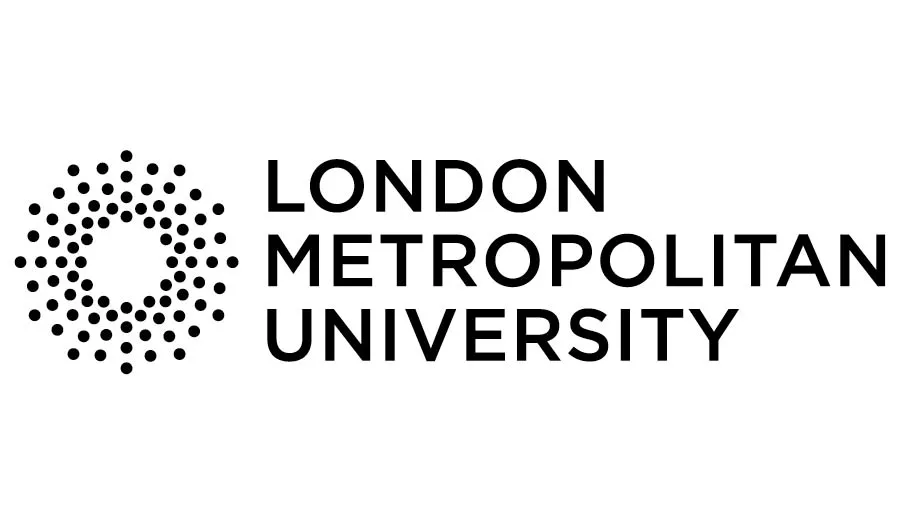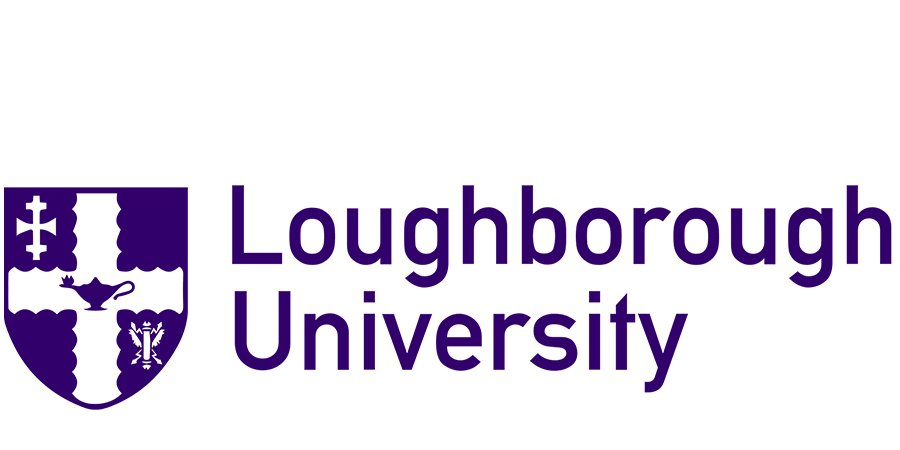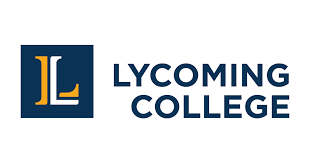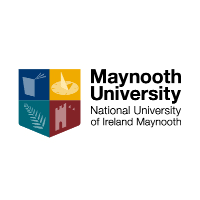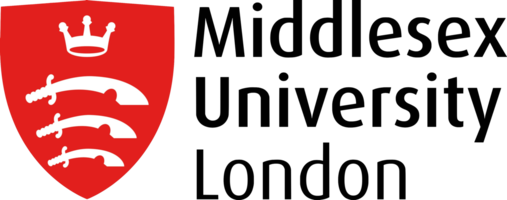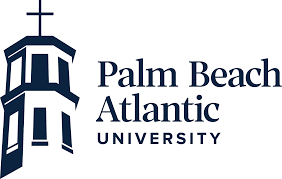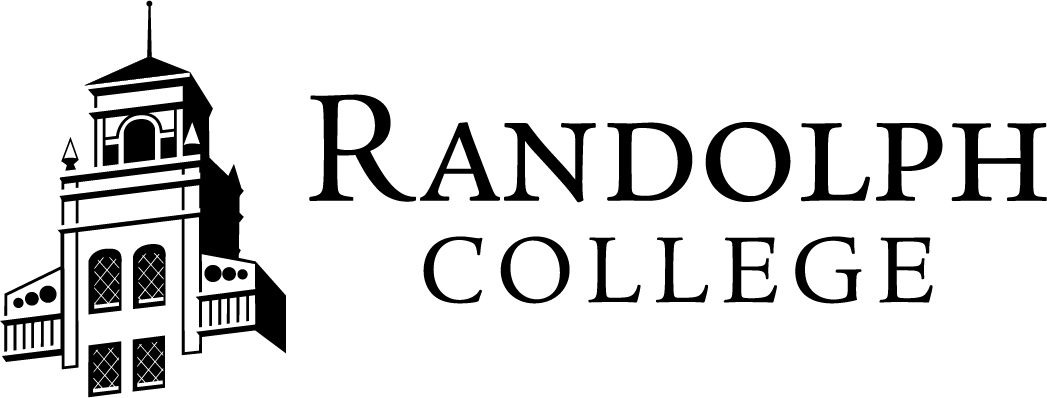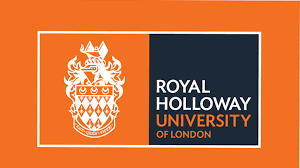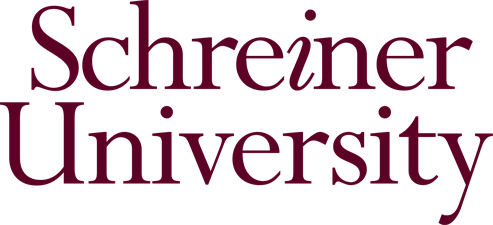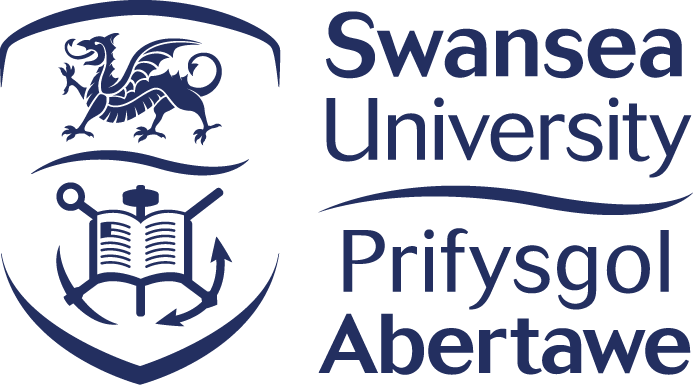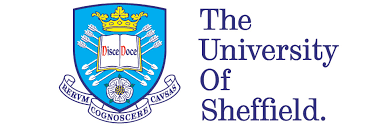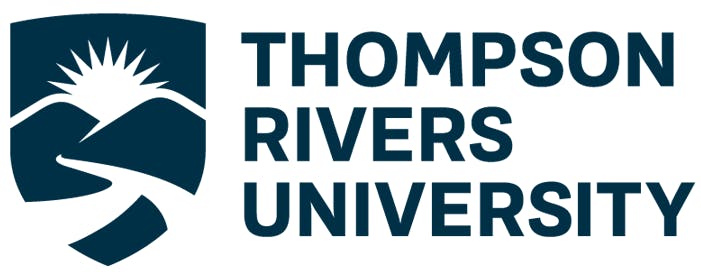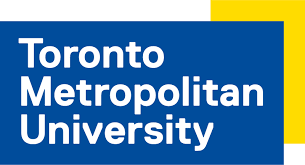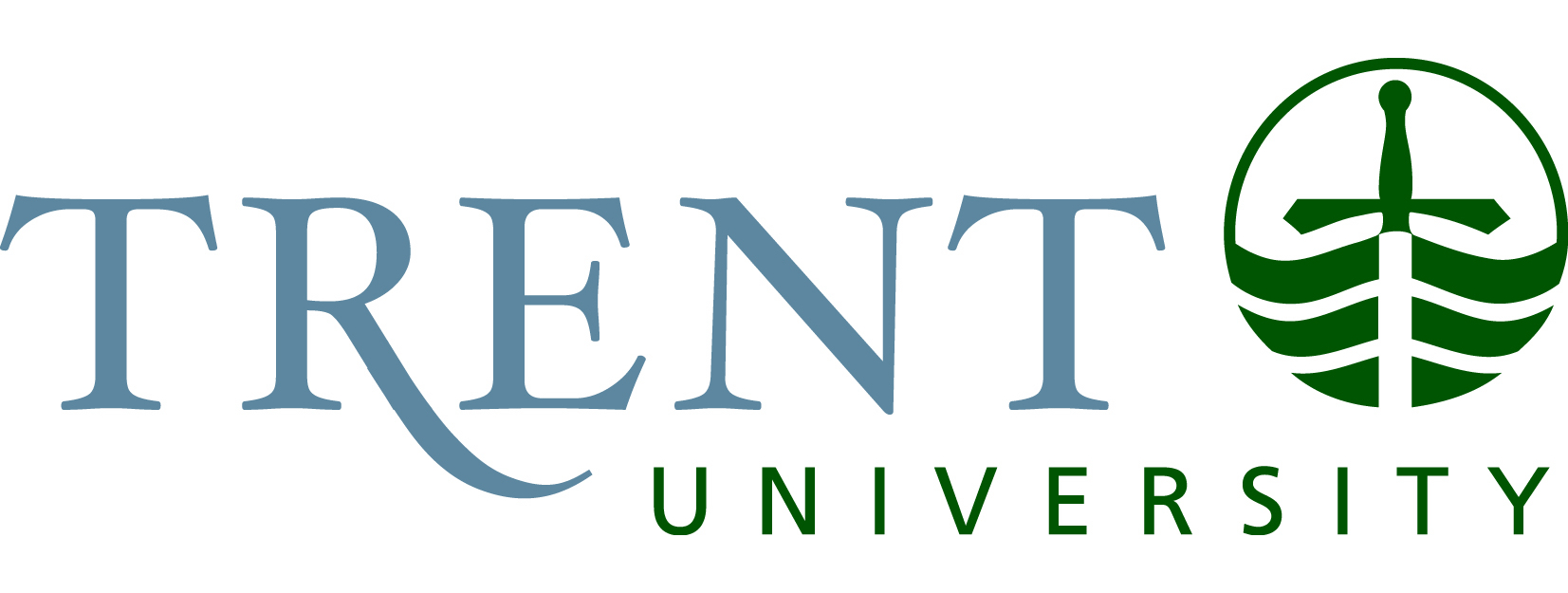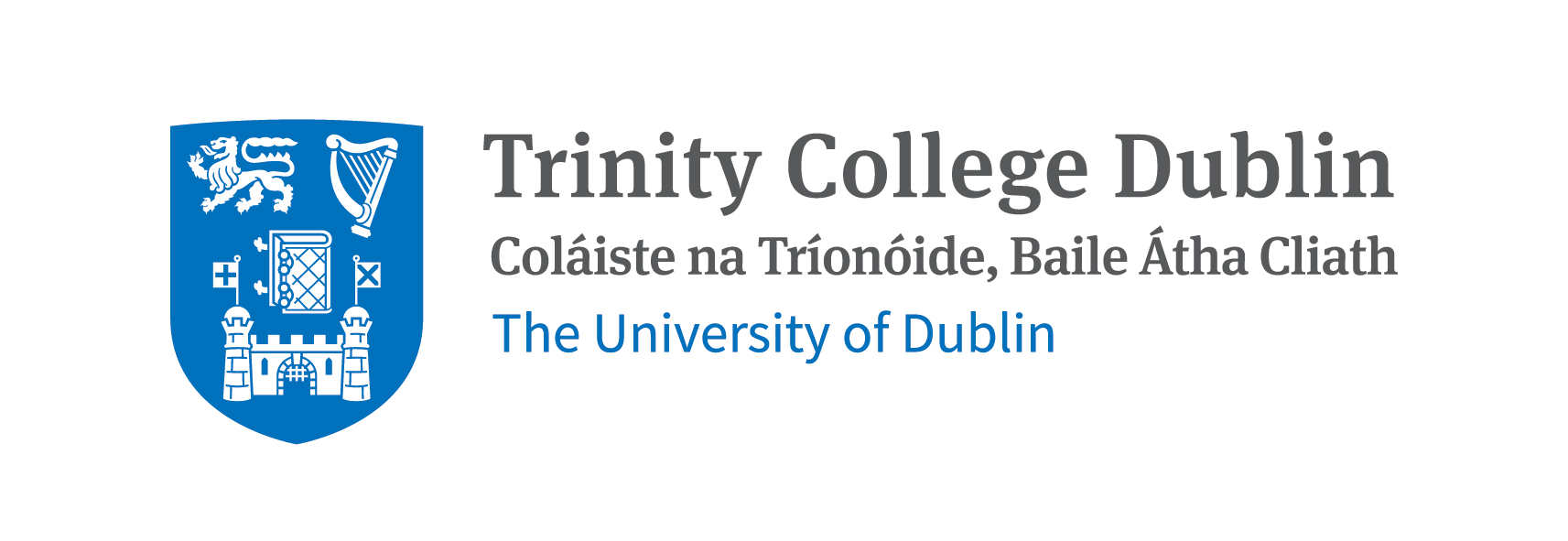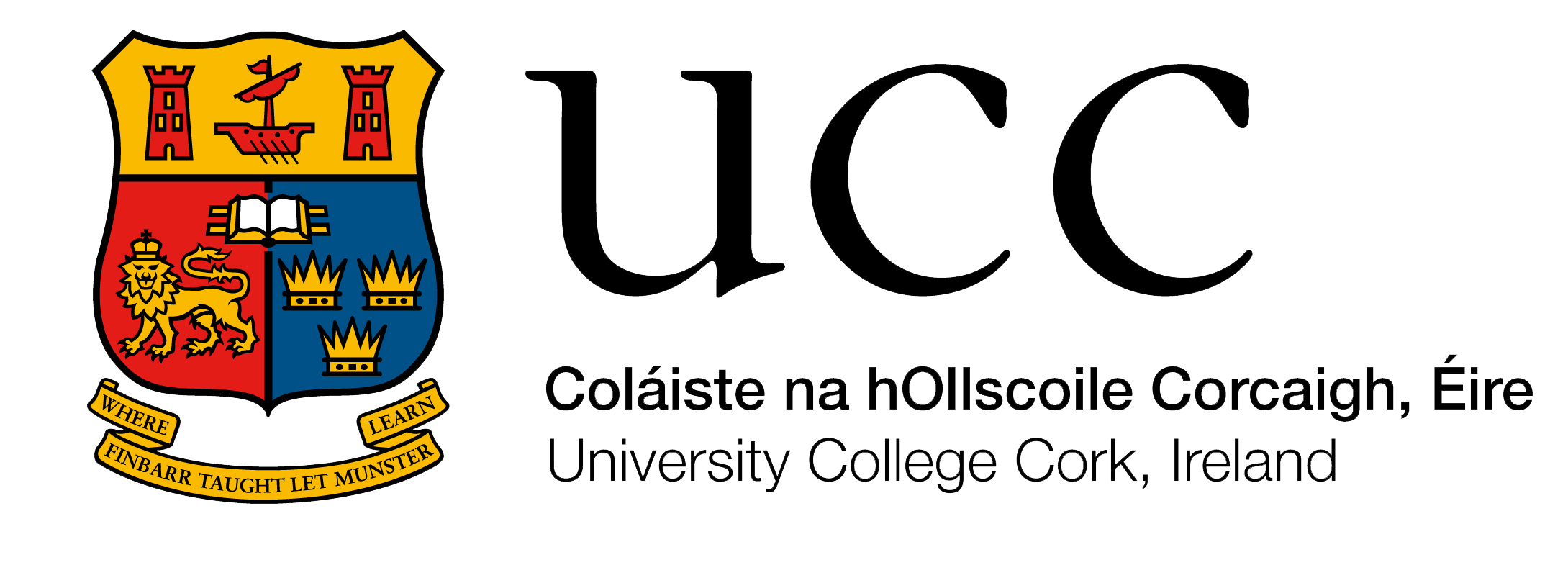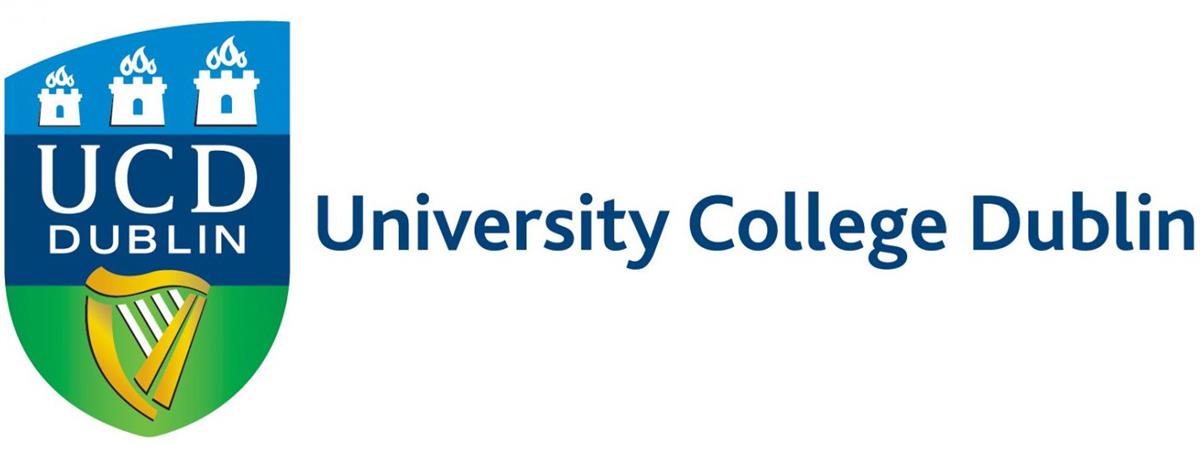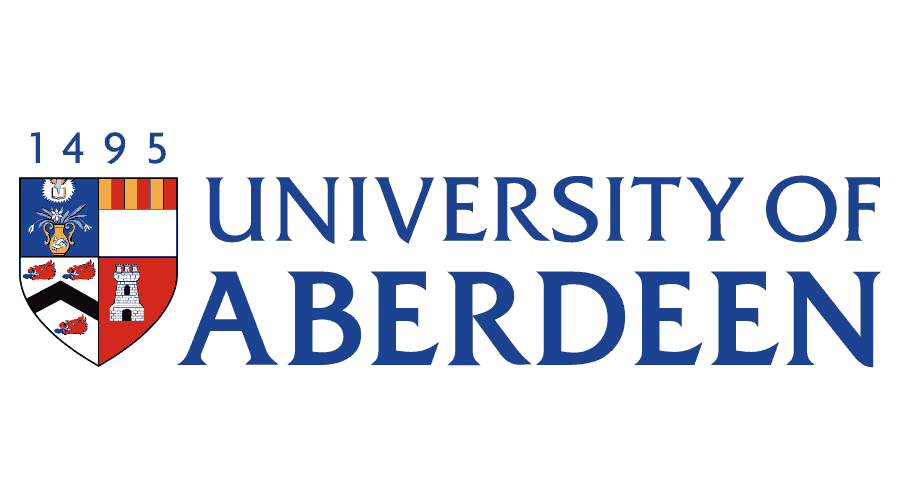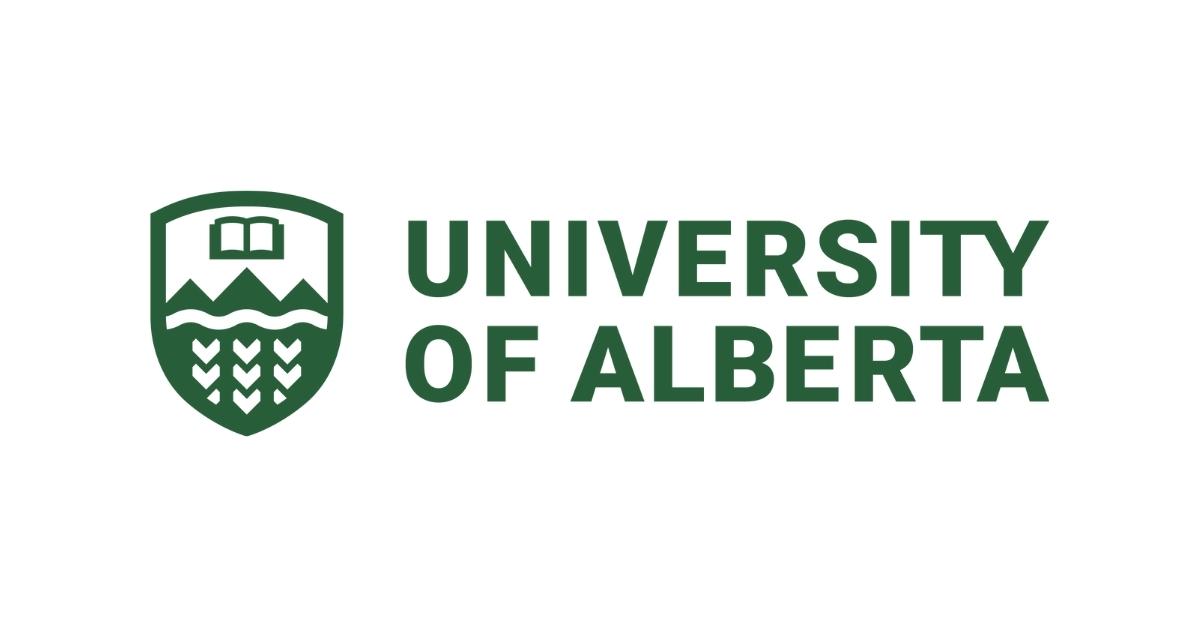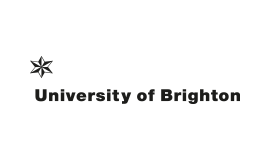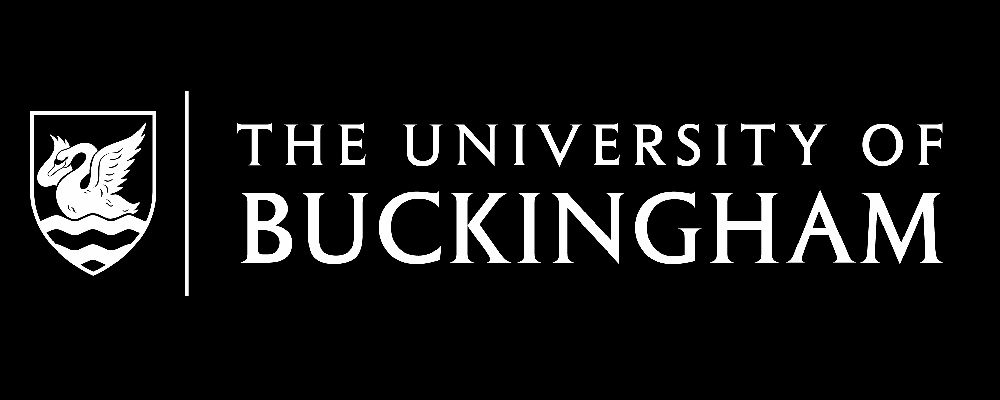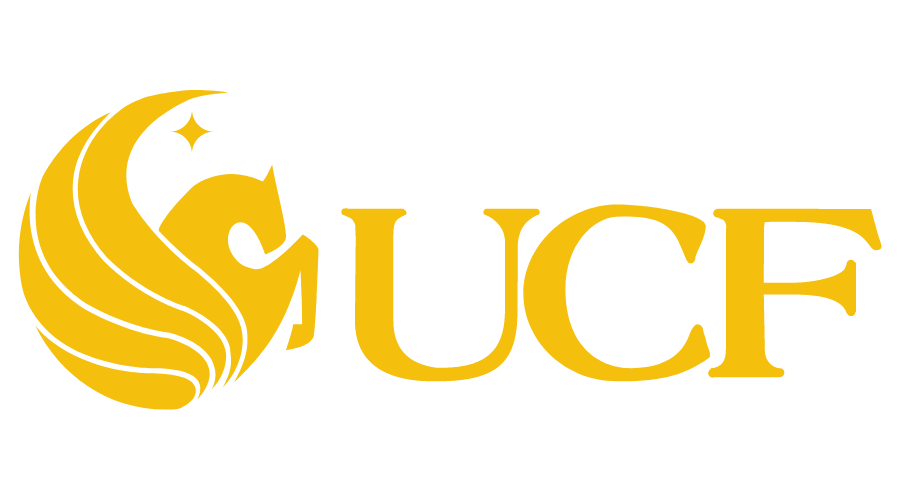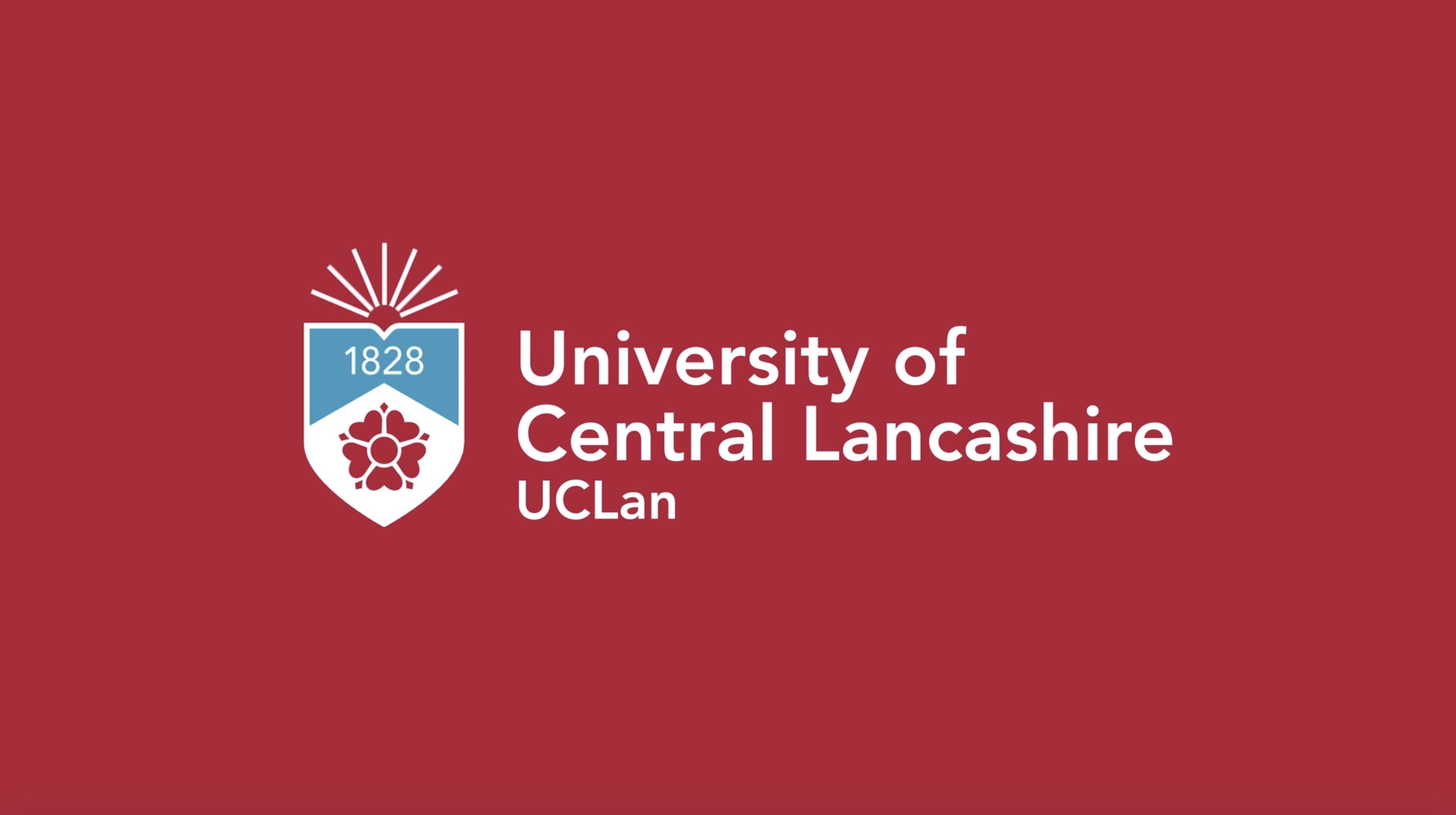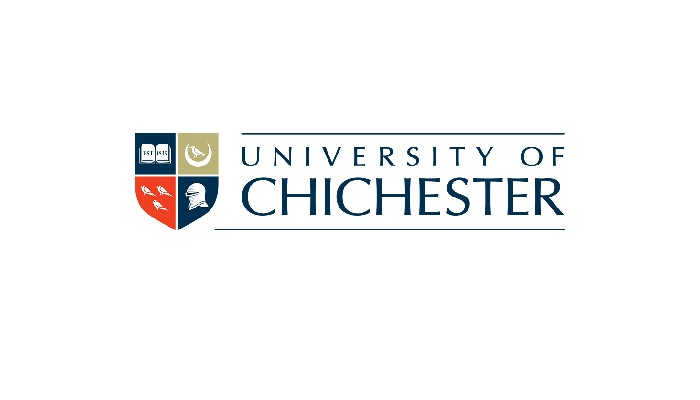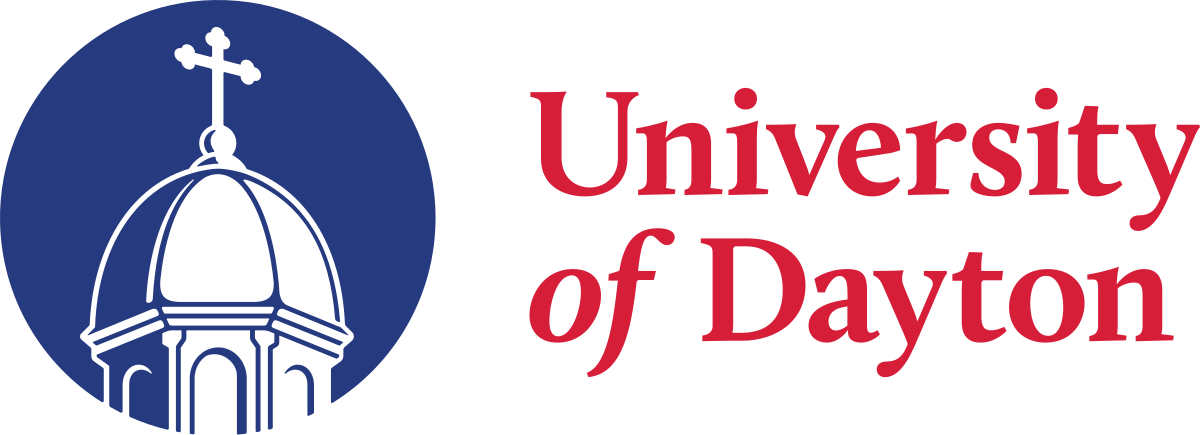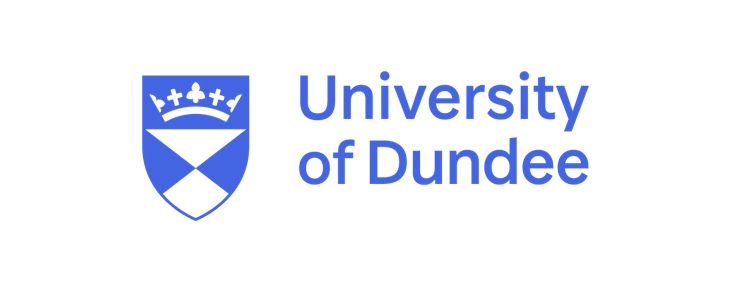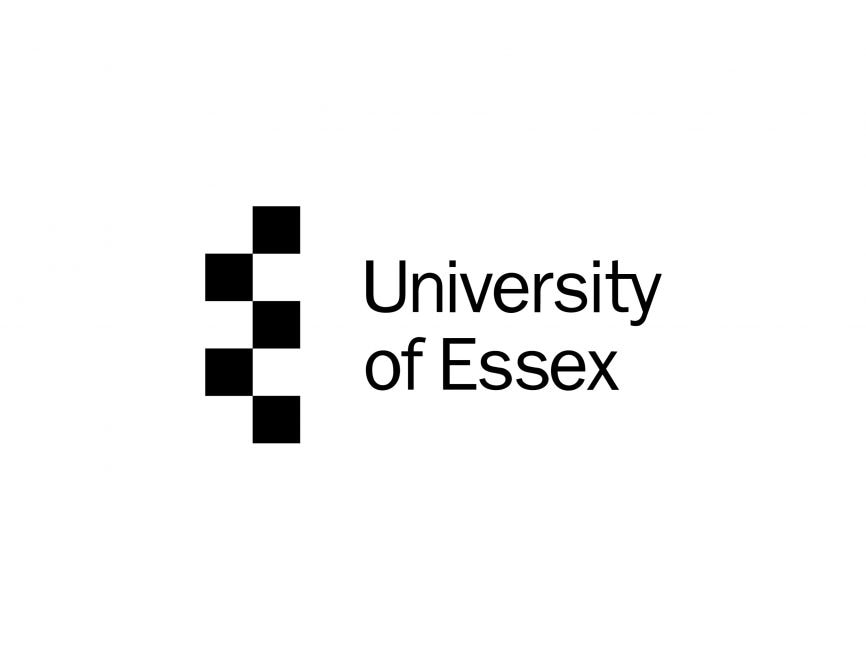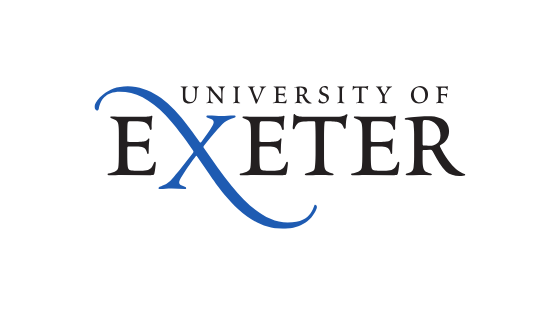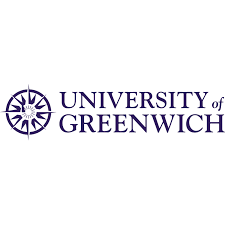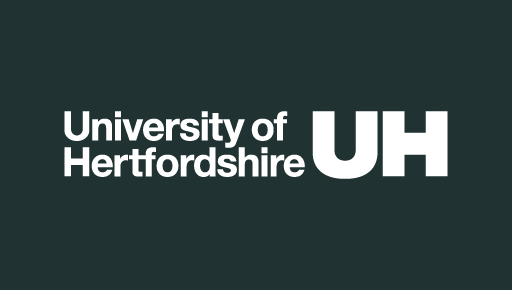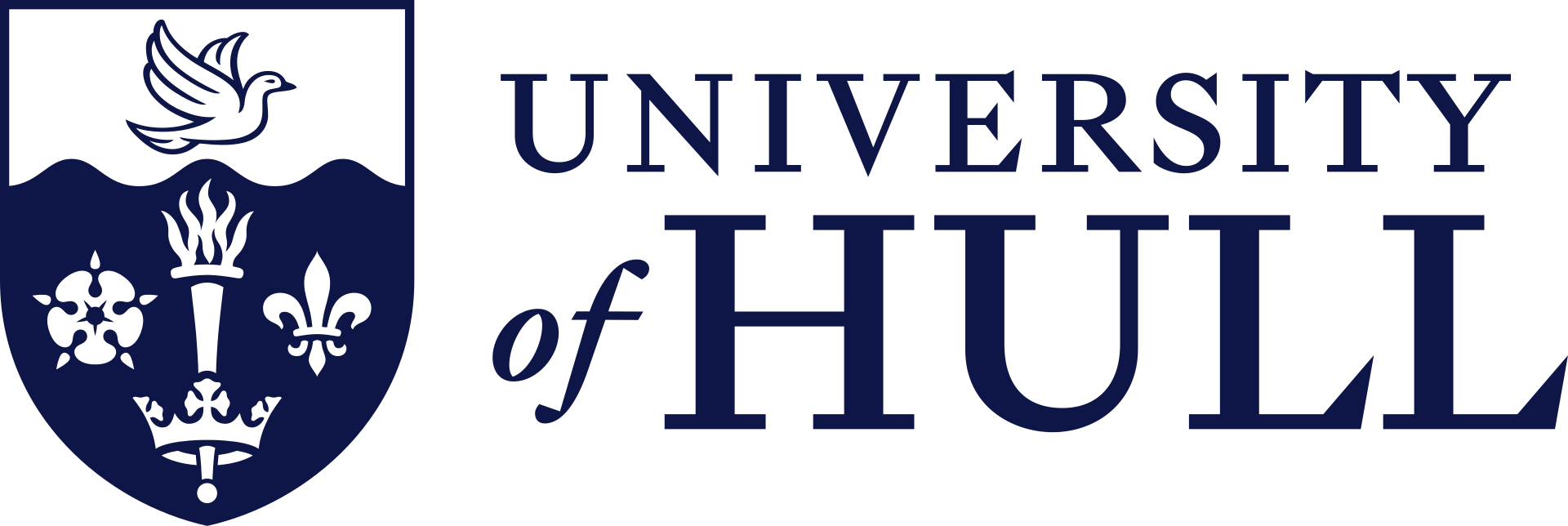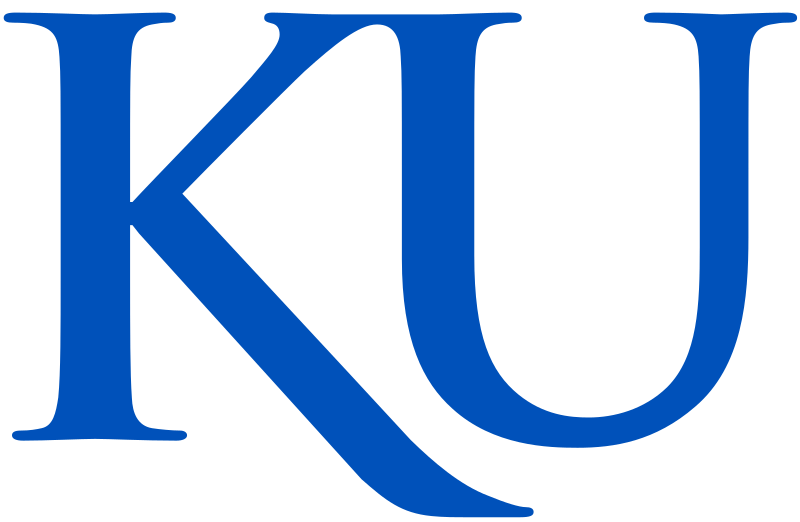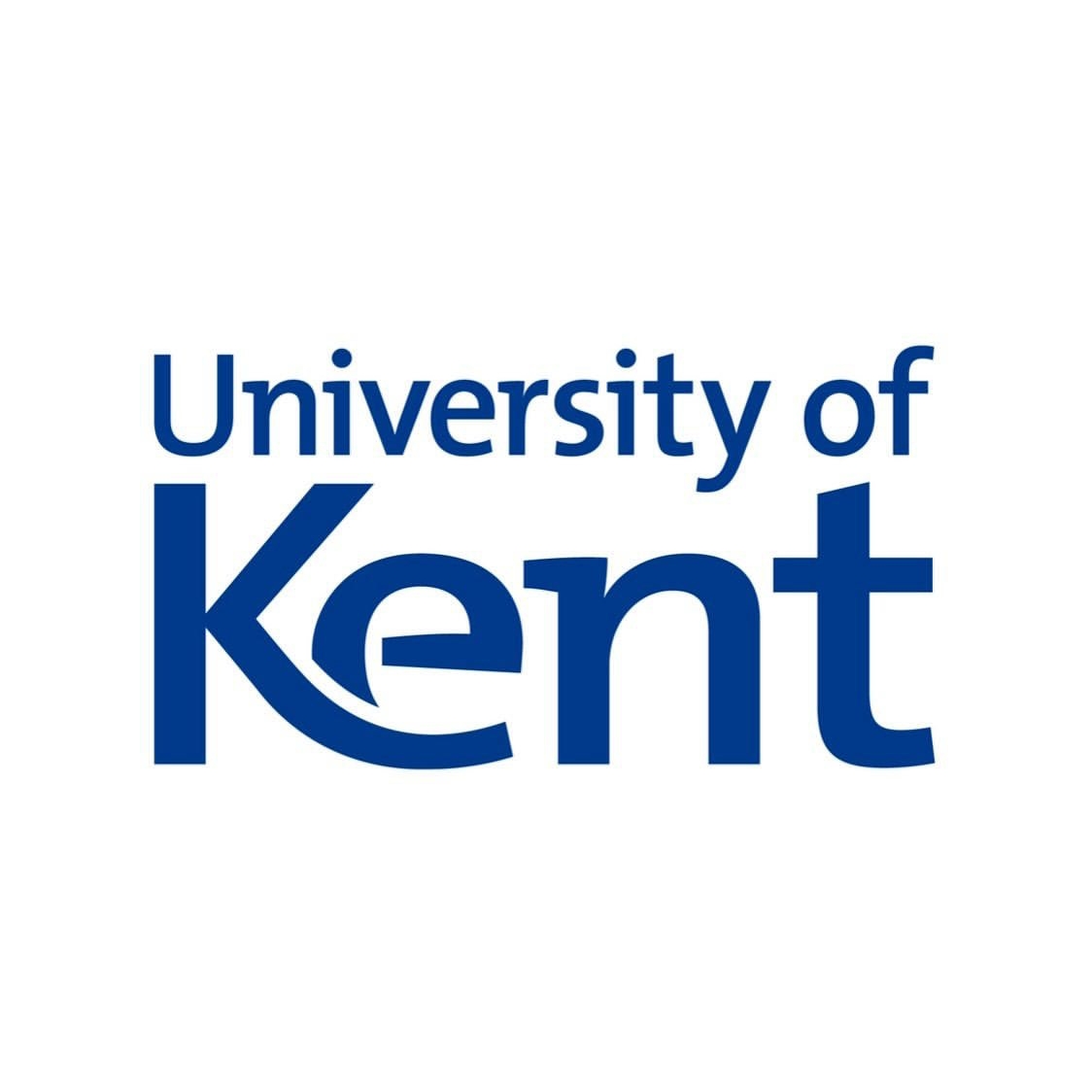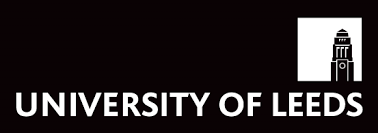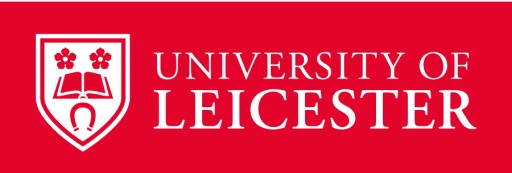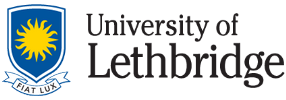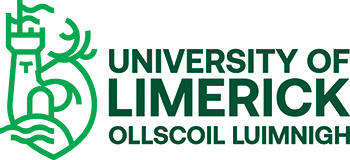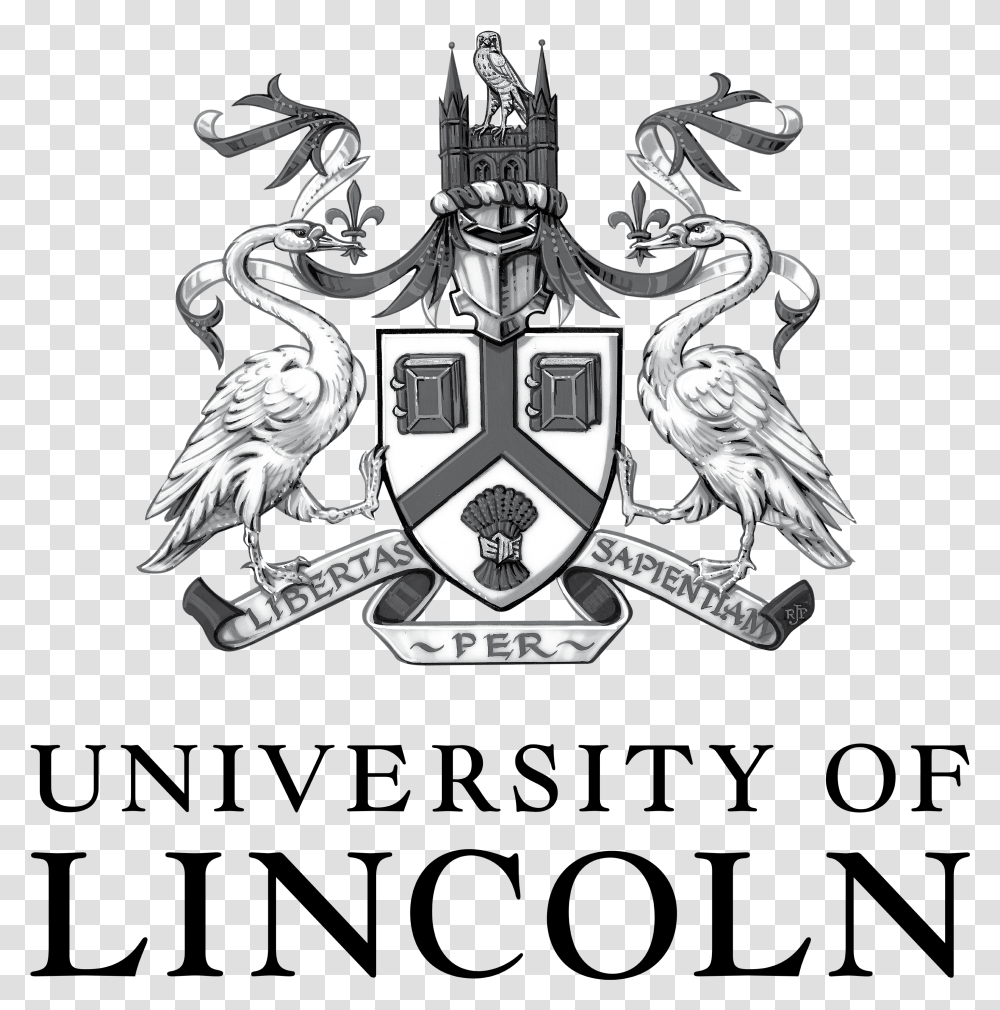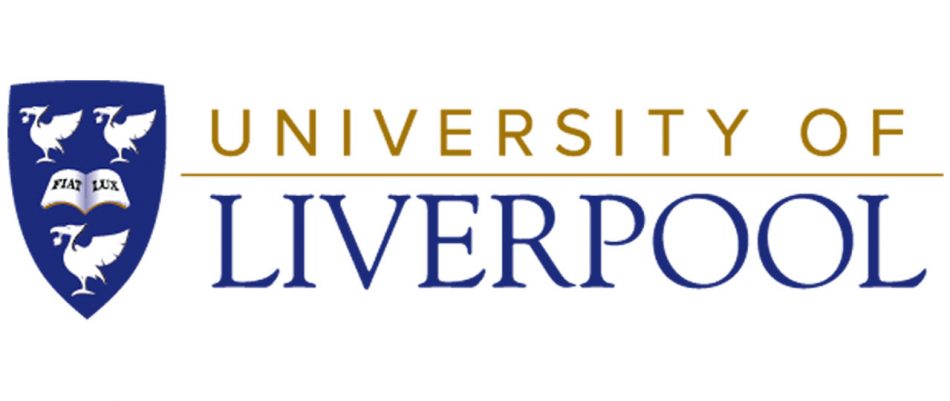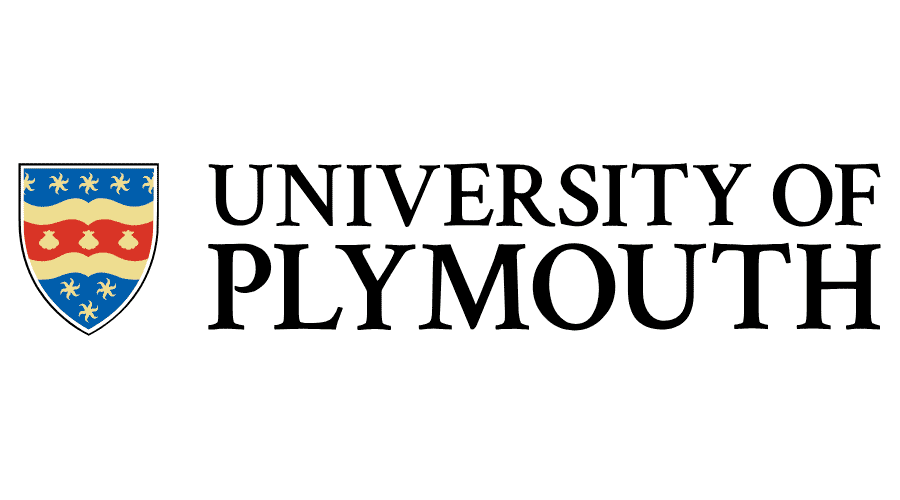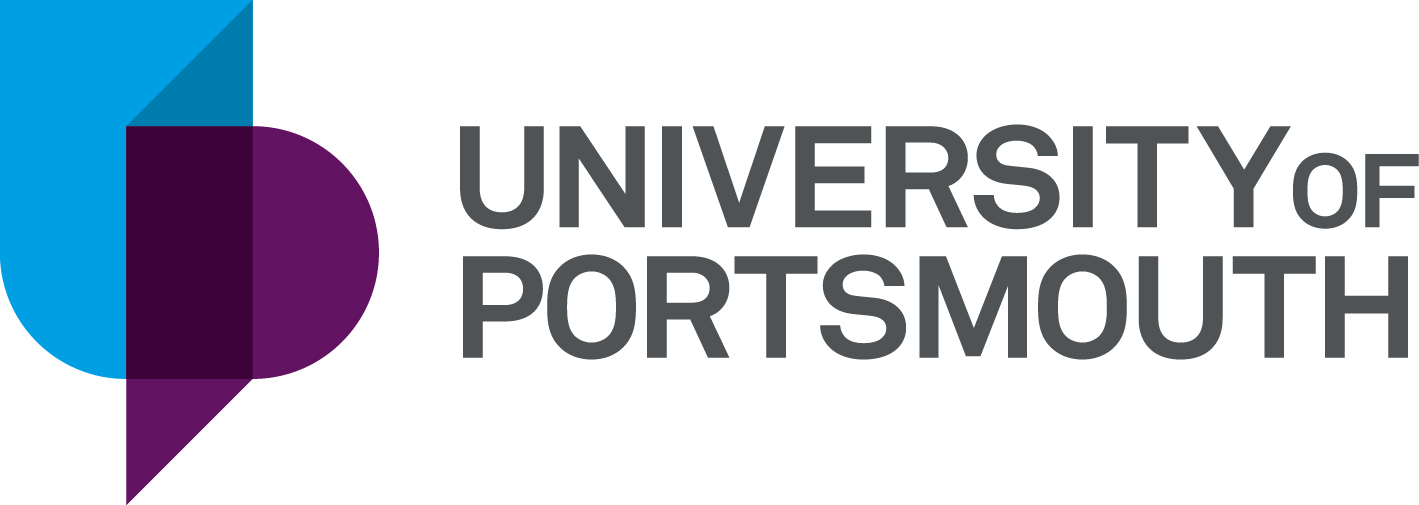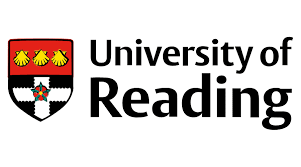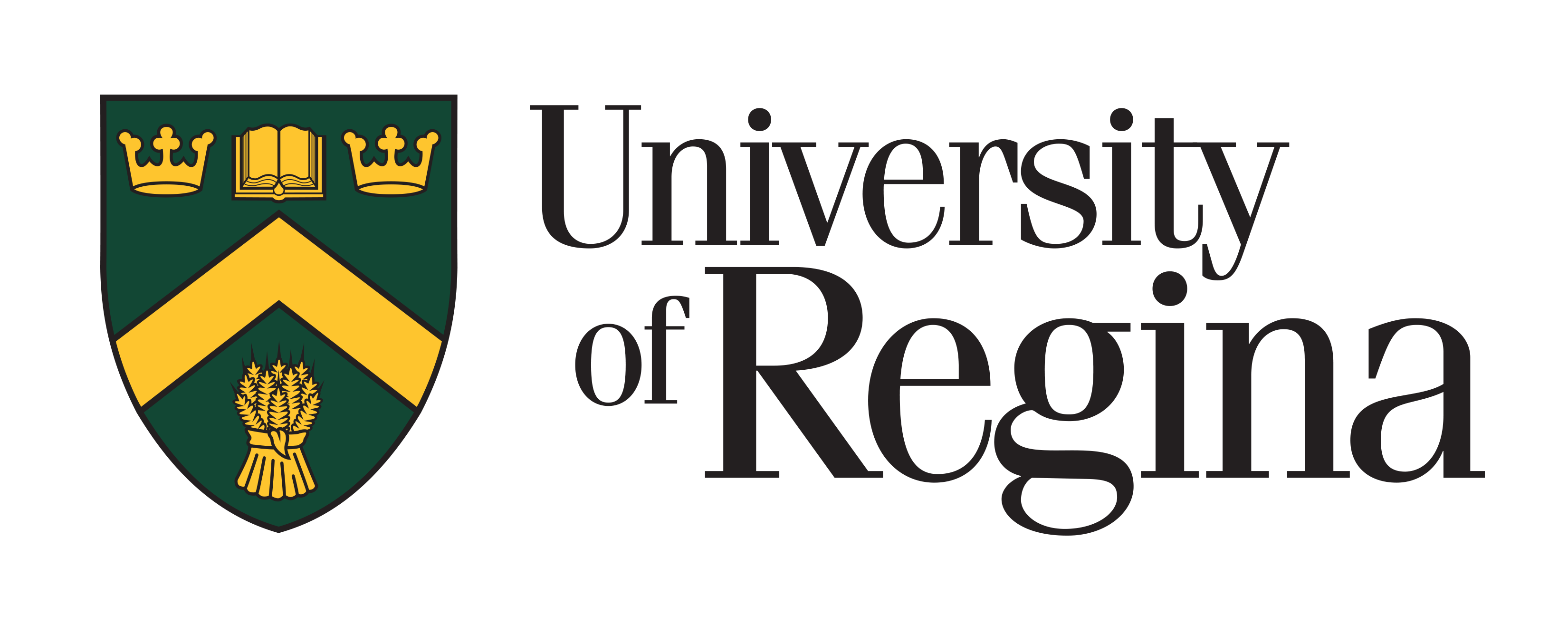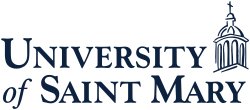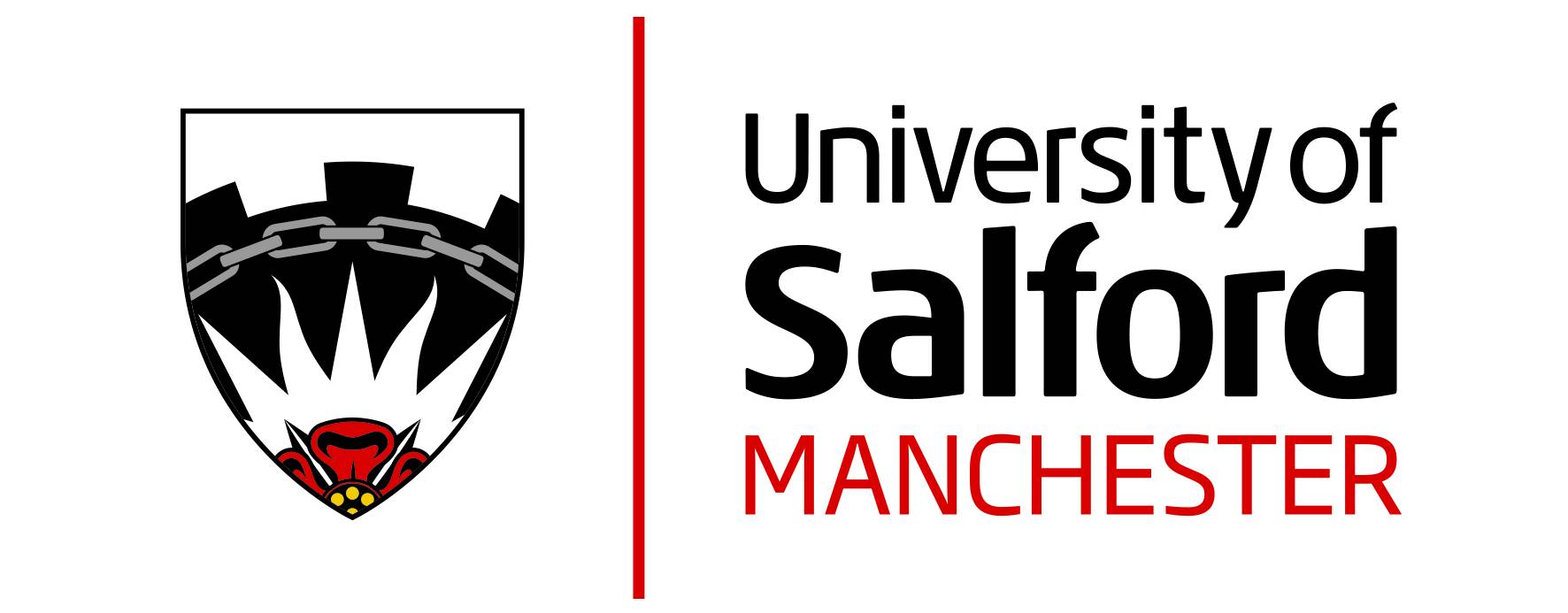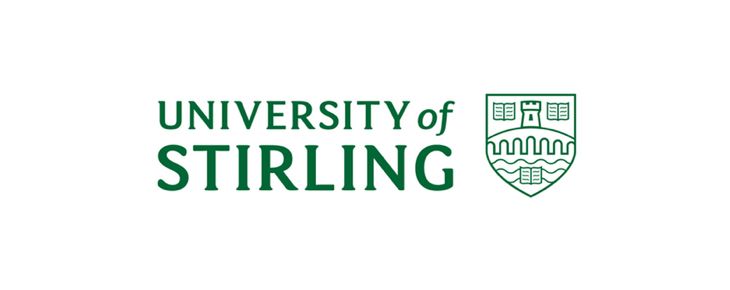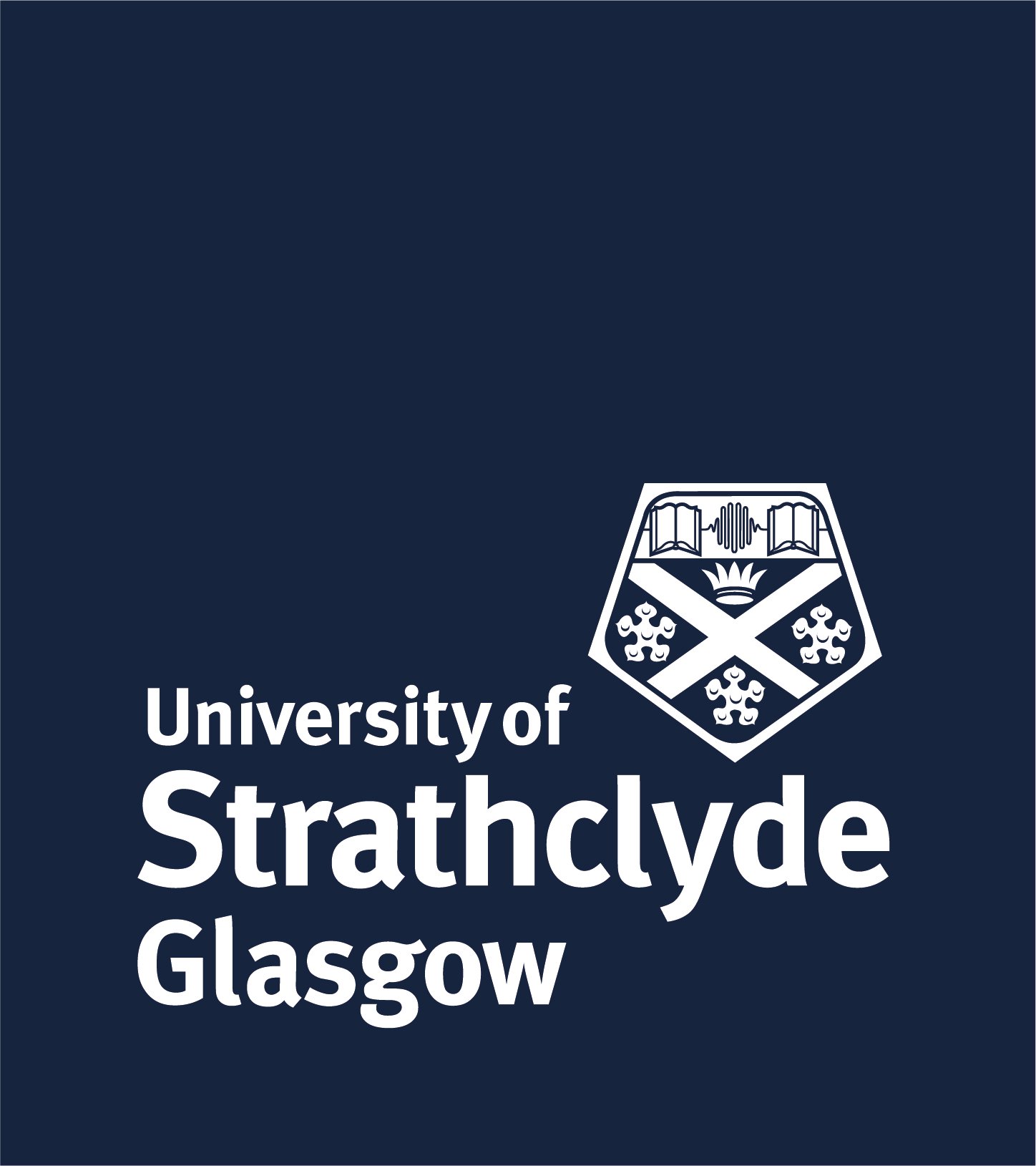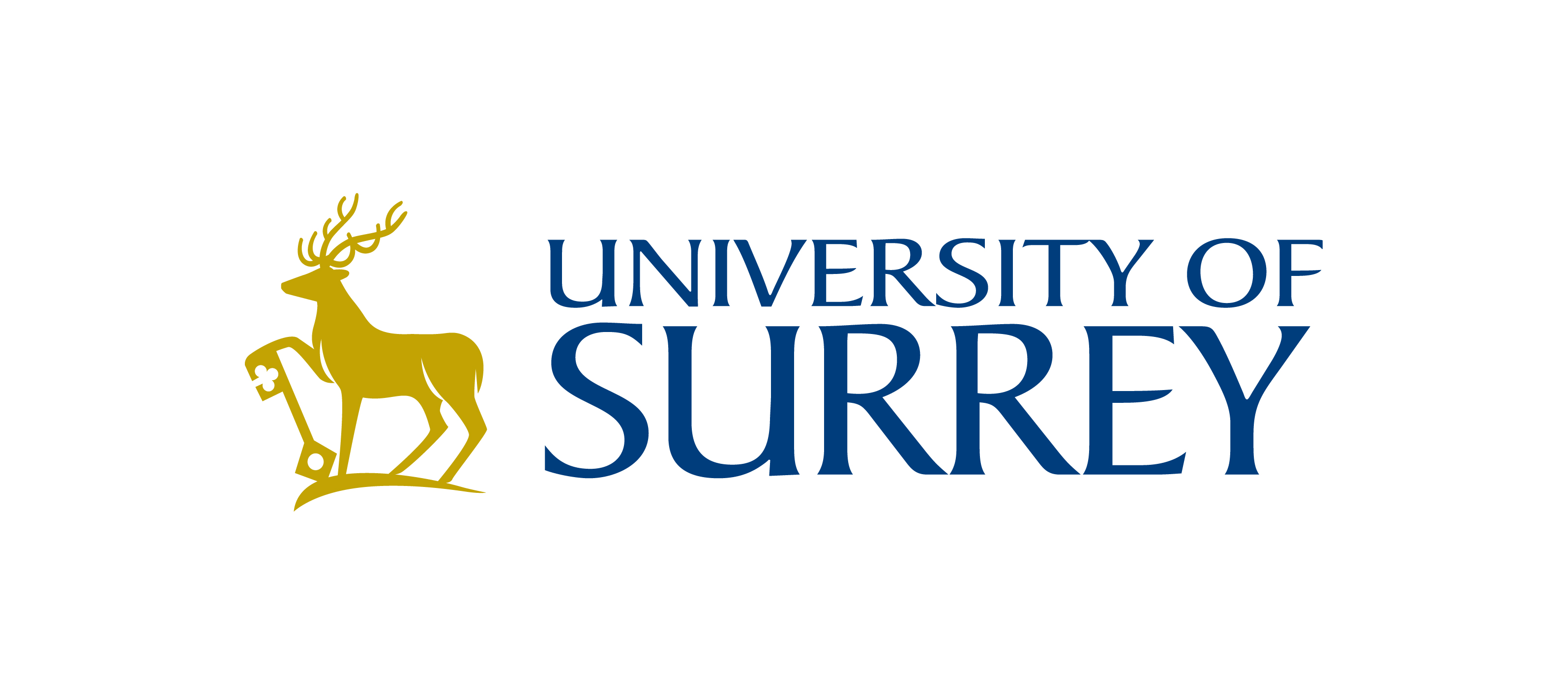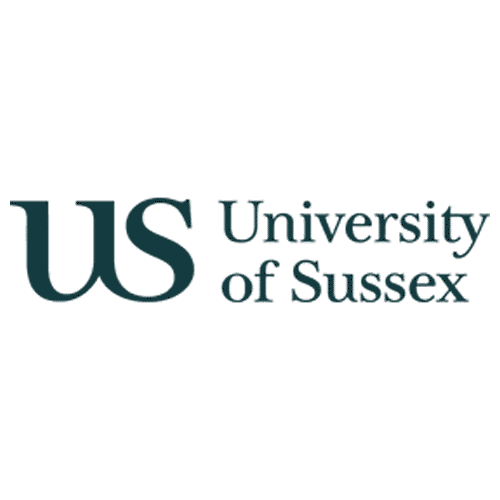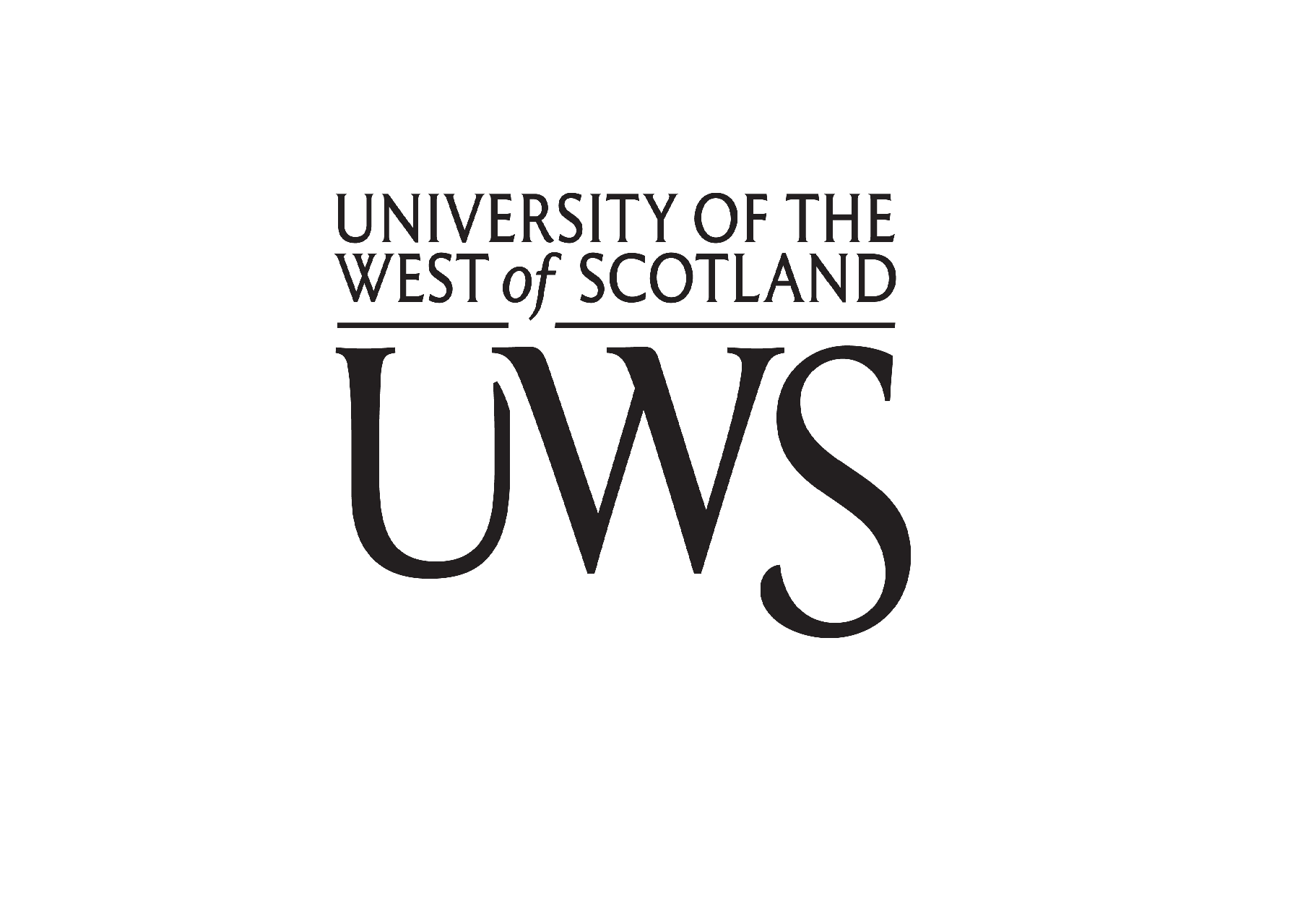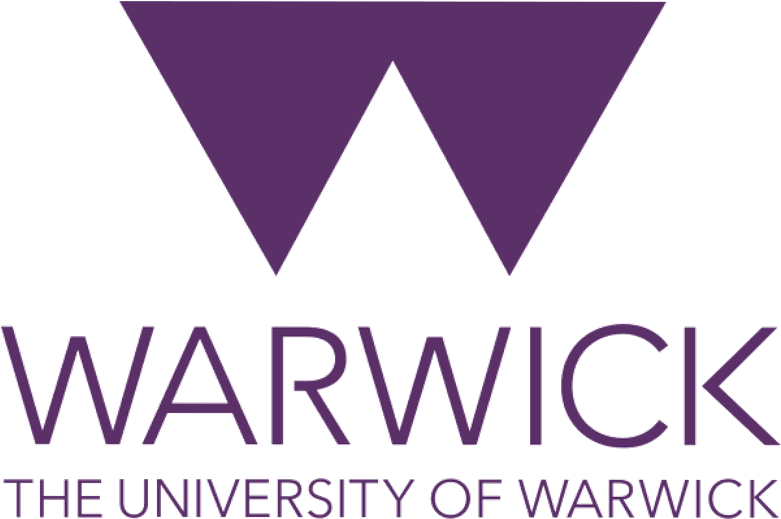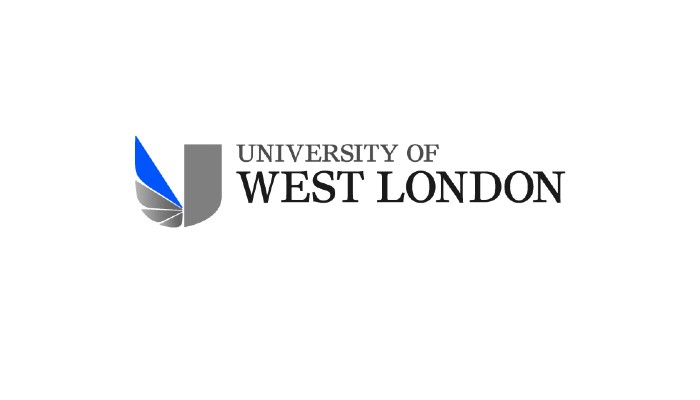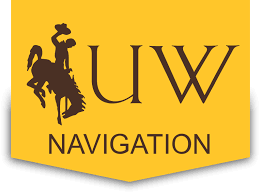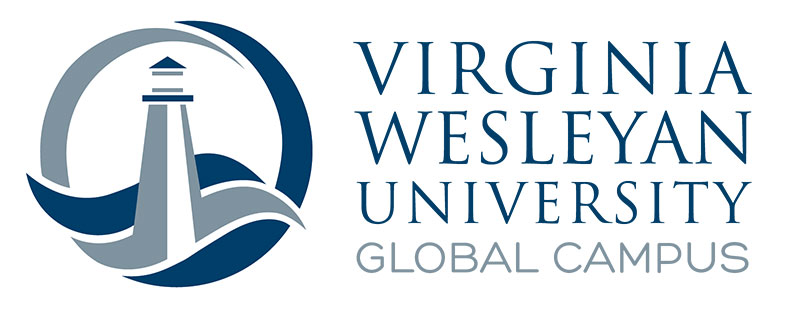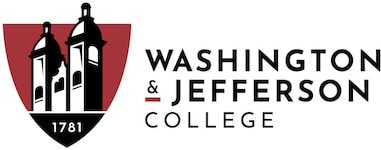Study Mathematics Abroad: Unlock Your Potential
Mathematics is the language of the universe, a foundational discipline that underpins science, technology, engineering, finance, and countless other fields. For Indian students aspiring to excel in this rigorous yet rewarding subject, studying Mathematics abroad offers unparalleled opportunities to access world-class education, cutting-edge research, and global networks. Whether you're passionate about pure mathematics, applied theories, or interdisciplinary applications, pursuing a degree overseas can transform your career trajectory. This page explores everything you need to know about studying Mathematics abroad, tailored for Indian students seeking to broaden their horizons.
Why Study Mathematics Abroad?
India boasts a strong mathematical heritage, but international programs provide exposure to innovative teaching methods, advanced resources, and diverse perspectives that can elevate your skills. Here's why thousands of Indian students choose to study Mathematics overseas:
- World-Class Faculty and Research Opportunities: Abroad, you'll learn from renowned mathematicians and engage in groundbreaking research projects, often with access to state-of-the-art labs and supercomputing facilities.
- Interdisciplinary Focus: Many programs integrate Mathematics with fields like computer science, economics, or physics, preparing you for versatile careers in the global job market.
- Enhanced Employability: A foreign degree signals adaptability and excellence to employers. Graduates often secure high-paying roles in tech giants, consulting firms, and research institutions.
- Global Networking: Collaborate with peers from around the world, building connections that can lead to internships, collaborations, and job offers.
- Personal Growth: Living abroad fosters independence, cultural awareness, and problem-solving skills—essential for a mathematician's analytical mindset.
For Indian students, the appeal is even stronger: with India's booming IT and finance sectors, an international Mathematics qualification can give you a competitive edge back home or abroad.
Top Destinations for Studying Mathematics
Choosing the right country is crucial. Factors like tuition fees, visa ease, and post-study work options make certain destinations ideal for Indian students. Below is a table highlighting popular countries for Mathematics studies:
| Country | Key Advantages | Average Tuition (per year, USD) | Post-Study Work Visa | Popular for Indian Students |
|---|---|---|---|---|
| United States | Top universities like MIT and Stanford; strong emphasis on applied math and AI integration. | 20,000 - 50,000 | OPT up to 3 years for STEM fields | Yes, large Indian community and scholarships available. |
| United Kingdom | Prestigious institutions like Oxford and Cambridge; short program durations (3 years for undergrad). | 15,000 - 30,000 | Graduate Route Visa: 2 years post-study | High, with easy access to London job market. |
| Canada | Affordable fees at universities like University of Toronto; focus on practical applications in data science. | 10,000 - 25,000 | PGWP up to 3 years | Very popular due to welcoming immigration policies. |
| Australia | Strong programs at Australian National University; emphasis on mathematical modeling for environment and health. | 20,000 - 35,000 | Post-Study Work Visa: 2-4 years | Growing Indian diaspora and sunny lifestyle. |
| Germany | Tuition-free public universities like Technical University of Munich; excellent for pure mathematics research. | 0 - 5,000 (admin fees) | 18 months job search visa | Emerging choice for cost-conscious students. |
These destinations offer a mix of affordability and prestige, with the US and UK leading in innovation, while Canada and Australia provide better work-life balance.
Leading Universities for Mathematics Programs
Selecting a university with a strong Mathematics department is key. Here are some top institutions renowned for their programs, many of which actively recruit Indian talent:
- United States:
- Massachusetts Institute of Technology (MIT) – Offers BS, MS, and PhD in Mathematics with specializations in algebra, geometry, and computational math.
- Stanford University – Known for its interdisciplinary approach, blending math with computer science for AI and machine learning tracks.
- Harvard University – Emphasizes theoretical mathematics; ideal for aspiring researchers.
- United Kingdom:
- University of Oxford – The Mathematical Institute provides rigorous training in pure and applied math; famous for its tutorial system.
- Imperial College London – Focuses on mathematical finance and statistics, with strong industry ties.
- University of Cambridge – Home to the famous Tripos exams; excels in advanced topics like number theory.
- Canada:
- University of Toronto – Offers comprehensive programs with research in cryptography and optimization.
- University of Waterloo – Renowned for co-op programs integrating math with tech internships.
- Australia:
- University of Melbourne – Strong in applied mathematics, including climate modeling.
- Sydney University – Features vibrant math societies and exchange programs.
- Germany:
- University of Bonn – A hub for mathematical sciences, with free tuition and English-taught master's.
These universities often rank in the global top 50 for Mathematics (per QS World University Rankings) and provide scholarships specifically for international students from India.
Admission Requirements for Indian Students
Gaining admission requires preparation, but it's achievable with planning. Key requirements include:
- Academic Qualifications: For undergraduate programs, a 10+2 with strong marks in Mathematics (typically 85%+ from CBSE/ICSE boards). For postgraduate, a bachelor's in Mathematics or related field with a minimum GPA of 3.0/4.0.
- Standardized Tests:
- SAT/ACT for undergrad in the US; not always required in the UK or Canada.
- GRE for most master's/PhD programs, especially in the US (focus on quantitative section).
- IELTS/TOEFL for English proficiency: Aim for IELTS 6.5+ or TOEFL 90+.
- Application Documents: Statement of Purpose (SOP) highlighting your math passion and career goals; Letters of Recommendation (2-3 from teachers); Resume/CV; Transcripts.
- Visa Essentials: Proof of funds, acceptance letter, and health insurance. Indian students should apply 3-6 months in advance.
- Deadlines: Fall intake (September) applications due by January-March; some offer spring (January) starts.
Tip for Indians: Many universities offer conditional offers if you're awaiting board results. Bridge programs can help if your undergrad background needs strengthening.
Curriculum and Specializations in Mathematics
A typical Mathematics curriculum abroad builds progressively from foundational to advanced topics. Undergraduate programs (3-4 years) cover calculus, linear algebra, discrete math, and probability. Graduate levels dive deeper into specializations:
- Pure Mathematics: Abstract algebra, topology, real/complex analysis – ideal for theoretical research.
- Applied Mathematics: Numerical methods, differential equations, mathematical biology – practical for engineering and sciences.
- Statistics and Data Science: Stochastic processes, machine learning, big data analytics – booming fields for Indian students eyeing tech careers.
- Financial Mathematics: Risk modeling, quantitative finance – perfect for Wall Street or Mumbai's financial hubs.
- Computational Mathematics: Algorithms, programming in Python/MATLAB – aligns with India's IT sector.
Programs often include electives, projects, and theses. Expect a mix of lectures, seminars, and hands-on coding sessions. Many incorporate industry placements, giving you real-world experience.
Career Opportunities After Studying Mathematics Abroad
A Mathematics degree opens doors to diverse, high-demand careers. With global skills, Indian graduates are particularly sought after in data-driven economies. Average starting salaries range from $60,000-$100,000 USD annually, depending on the country.
Key Career Paths:
- Academia and Research: PhD pursuits leading to professorships or roles at institutions like ISRO or CERN.
- Technology and IT: Data analyst, software engineer, or AI specialist at companies like Google, Microsoft, or Infosys.
- Finance and Banking: Quantitative analyst (quant), actuary, or risk manager in firms like JPMorgan or HDFC.
- Consulting: Operations research analyst at McKinsey or Deloitte, solving complex business problems.
- Government and NGOs: Statistician roles in policy-making or environmental modeling.
Post-study work visas allow you to gain experience abroad before returning to India, where demand for math experts in fintech and e-commerce is surging.
Scholarships and Funding for Indian Students
Financial barriers shouldn't deter you—numerous scholarships target Indian students in STEM fields like Mathematics:
- Inlaks Shivdasani Foundation Scholarship: Up to $100,000 for master's/PhD in the US/UK; covers tuition and living expenses.
- Commonwealth Scholarships (UK): Full funding for students from India; apply via the British Council.
- Fulbright-Nehru (US): For master's; includes airfare, stipend, and health insurance.
- DAAD Scholarships (Germany): Monthly stipends of €934 for master's; no tuition fees.
- University-Specific Aid: MIT's need-based aid or University of Toronto's entrance scholarships for international students (up to CAD 20,000).
- Indian Government Schemes: National Overseas Scholarship for SC/ST students; covers full costs.
Apply early and highlight your academic achievements. Part-time jobs (20 hours/week on student visas) can supplement funding.
Tips for Indian Students Studying Mathematics Abroad
Transitioning abroad can be exciting yet challenging. Here's how to thrive:
- Prepare Academically: Brush up on advanced topics via online platforms like Khan Academy or Coursera before departure.
- Cultural Adaptation: Join Indian student associations for support; learn local customs to ease homesickness.
- Time Management: Math programs are intense—use tools like LaTeX for assignments and attend office hours.
- Health and Wellness: Access free counseling at universities; maintain a balanced diet amid busy schedules.
- Networking: Attend math conferences and LinkedIn connect with alumni; leverage India's math Olympiad background for opportunities.
- Visa and Return Plans: Understand PR pathways (e.g., Canada's Express Entry) if you plan to stay, or how foreign degrees boost Indian placements.
Pro Tip: Start with exchange programs if a full degree feels overwhelming—many Indian colleges partner with foreign unis.
Studying Mathematics abroad is an investment in your future. With dedication, you can master complex theories, innovate solutions, and contribute to global challenges. Explore our application guidance services to take the first step toward your dream program. Your mathematical journey awaits!


